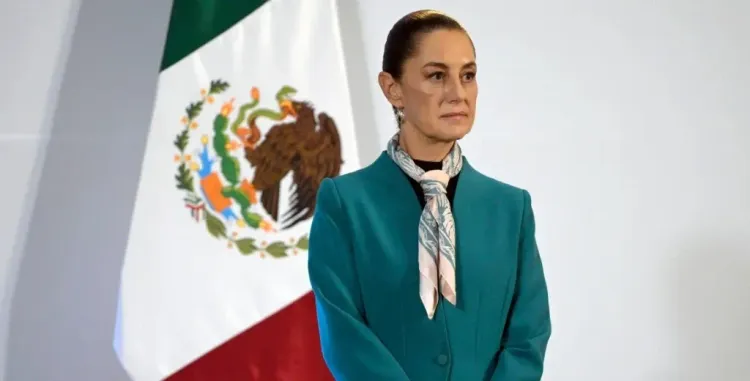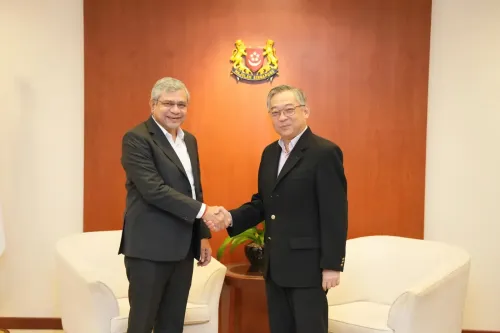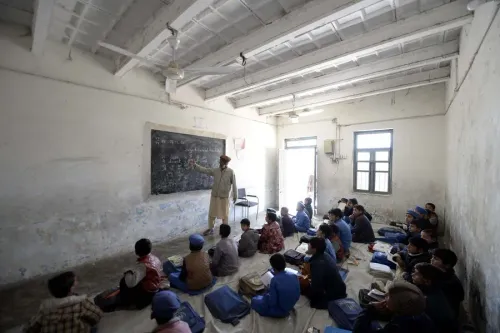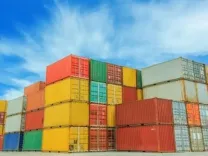Is the US's Tariff Increase on Steel and Aluminum Unfair?

Synopsis
Key Takeaways
- Tariffs increased from 25% to 50%
- Considered unfair by Mexican leadership
- Reflects deeper trade tensions
- Negotiations are ongoing
- Potential economic repercussions for both nations
Mexico City, June 5 (NationPress) Mexican President Claudia Sheinbaum labeled the recent US tariff increases on steel and aluminum imports, which surged from 25 percent to 50 percent, as “unjust,” “unsustainable,” and devoid of any “legal foundation.”
During her routine morning press briefing, Sheinbaum stated that the tariffs, which are applicable to all nations save for the United Kingdom, are inequitable to Mexico since “Mexico imports more steel and aluminum than it exports.”
Typically, “a tariff is imposed when there is a deficit,” she explained, emphasizing that “we import more steel” making the tariff “unfair.”
Moreover, Sheinbaum pointed out that Mexico and the United States are partners in a free trade agreement, rendering the tariff “legally baseless” from Mexico's viewpoint.
However, Washington contends that the tariff is driven more by national security considerations than trade issues, as noted by the president, who reiterated that it is still unjust to impose it on Mexico, according to reports from Xinhua news agency.
“The rationale is US national security. Just yesterday, the White House spokesperson indicated strong collaboration with Mexico across all fronts, including security. Therefore, we don’t see it as justified,” she stated.
She further remarked that the tariff would be unsustainable, highlighting that, similar to many auto parts that traverse the border, the same applies to steel.
Sheinbaum announced plans to convene with industry leaders to discuss strategies, while her economy secretary, Marcelo Ebrard, is preparing to engage in negotiations with US officials this week in hopes of reaching an agreement.
“A 50 percent tariff means a substantial impact on the steel and aluminum sectors; even a 25 percent tariff has already posed challenges,” she remarked.
If no agreement is reached, her administration will disclose the measures it intends to pursue in the upcoming week, with Sheinbaum clarifying that it is not about “an eye for an eye,” but rather about bolstering the industry and the critical jobs it generates.
“We are optimistic about reaching an agreement. If not, we will announce measures... it’s not a question of retaliation... it’s about protection,” the Mexican president concluded.









